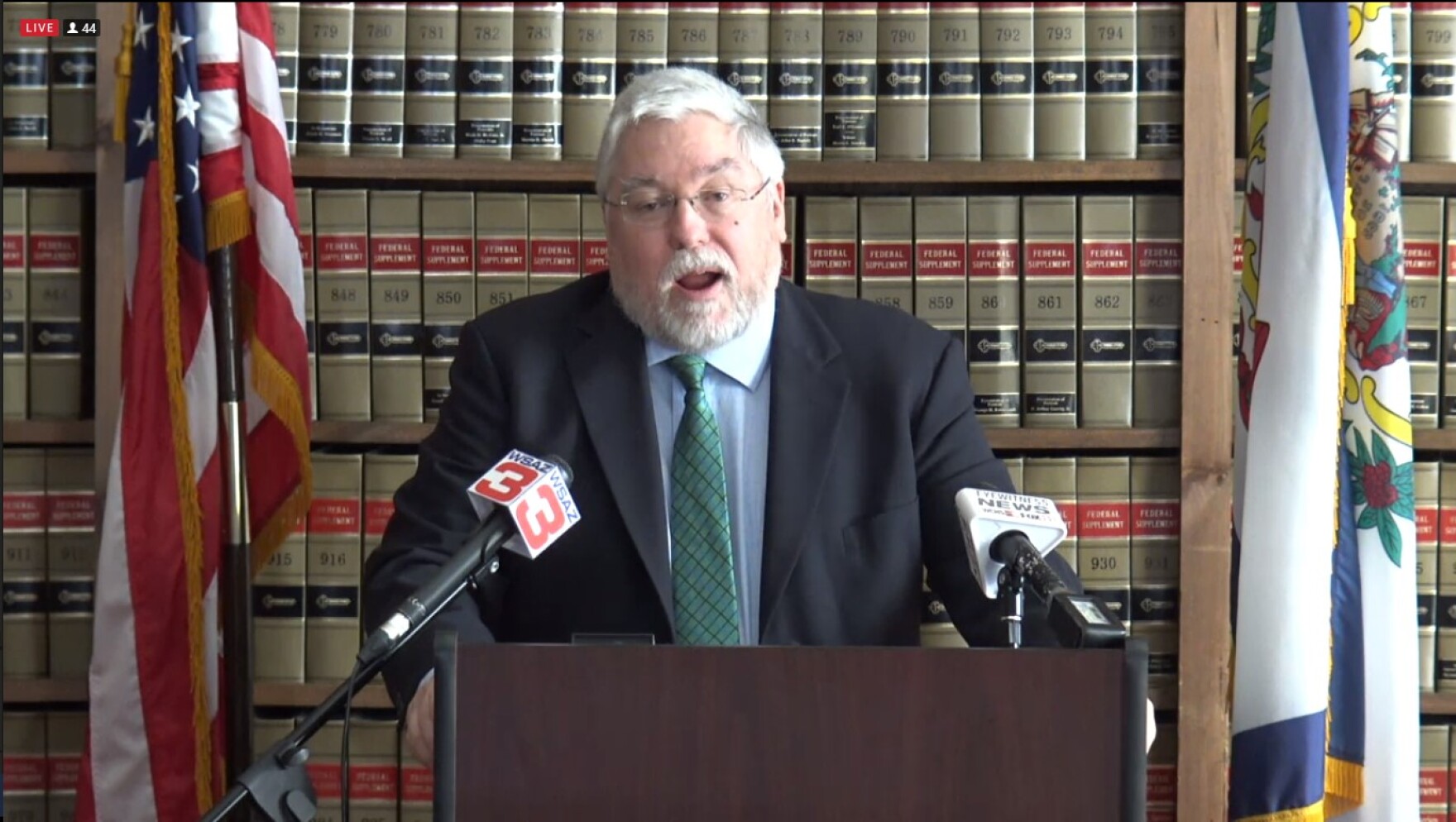West Virginia’s attorney general and a coalition of cities and counties are calling for the creation of a nonprofit foundation to distribute money obtained through settlements or judgments in opioid-related litigation against pharmaceutical companies.
Attorney General Patrick Morrisey said all but one of the state’s 55 counties are currently in the midst of litigation against companies over their role in perpetuating the opioid crisis. Lawsuits allege that manufacturers’ conduct led to opioids becoming a common treatment for chronic pain and fueled substance abuse in West Virginia, one of the states that has been hit hardest by opioids.
The city of Huntington and Cabell County brought the three largest U.S. drug distributors — AmerisourceBergen Corp, McKesson Corp and Cardinal Health Inc — to trial last year. Communities are still awaiting a verdict in that case, which was the first lawsuit over the U.S. addiction epidemic to go to trial.
The state is set to go to trial in April against Teva Pharmaceuticals Inc., Johnson & Johnson and its subsidiary Janssen Pharmaceuticals Inc., and Endo Health Solutions Inc.
“The opioid epidemic is one of the challenges of our time here in West Virginia,” Morrisey said during a Wednesday press conference at the state Capitol. “There’s been a lot of senseless death over many, many years.”
Morrisey said the state’s counties and cities signed on to an agreement calling for the private nonprofit foundation. The foundation will be managed by a board of 11 members: Five would be state appointees and the rest would be local representatives from six different regions of the state. The board members will have expertise in fields like mental health, substance misuse and law enforcement.
An executive director appointed by the attorney general would run day-to-day operations.
As the central organization dedicated to addressing the opioid crisis throughout the state, the foundation would receive 72.5% of each settlement or judgment, 24.5% would be allocated to local governments and 3% would held in escrow by the state.
Many other states already have similar agreements and others have been pushing them. Morrisey said if the counties and the cities of the state don’t reach an agreement on how the money will be allocated, the court gets to decide.
All of the money would be used to address needs related to the opioid crisis.
Huntington Mayor Steve Williams said Wednesday that any money won in litigation will go to new initiatives and program to help fight the opioid epidemic.
“One thing that’s been very, very specific in our minds is that we’re not looking to be reimbursed for what we have expended in the past,” he said.
Williams said there’s a lot of need — need that’s only been exacerbated by the COVID-19 pandemic.
“It is such a broad umbrella,” he said. “You have grandparents who are having to take care of grandchildren. You have children growing up in the midst of adverse childhood experiences that we need to be able to address,” he said. “What we’re seeing is that we have babies that are being born exposed to substances… it is the entire community that’s being affected.”




















